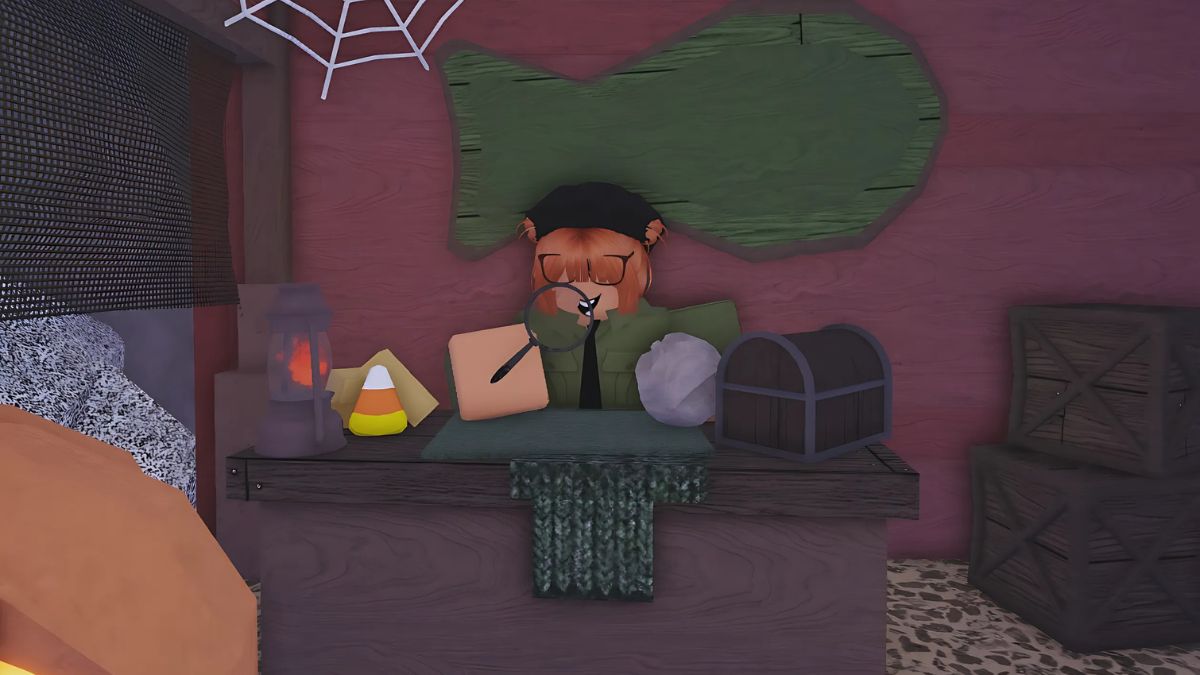Imagine a Friday night in the early 2000s. Homework done, dinner over, dishes cleaned. Just as I settle in, my flip phone buzzes. It's my uncle—who, incidentally, doubles as my Guild Leader in an obscure online game called Conquer Online. "We need a healer. Can you join us?" Those words held a thrill, a reminder that I wasn’t just a kid in my room but part of a team in a world much bigger than my own.
MMORPGs offered a new kind of experience: entry into a persistent, shared online universe populated by millions of like-minded adventurers. While I never ventured into World of Warcraft, my generation was hooked on free-to-play MMORPGs like Classic Ragnarok Online, Cabal Online, RAN, and, yes, the niche Chinese game Conquer Online. These games didn’t hold your hand. You could follow tutorials, hunt monsters, or build a virtual home—all paths were valid. They invited players into worlds defined by freedom and choice, with success a product of time, exploration, and social connections.
Then, in 2004, World of Warcraft hit the scene, transforming the genre and, ultimately, defining it. It introduced a polished, theme-park-style experience that left the open-ended, player-driven environments of previous MMORPGs by the wayside. With its success, the genre’s template seemed set: developer-driven content, linearity, and a structured path forward. This formula drew in millions, yet it also curbed the genre’s creativity. The freewheeling experimentation of early MMORPGs faded, as other developers followed Blizzard’s path, focusing on polish over the boundless freedom that initially defined the genre.
Today, the legacy of MMORPGs is remembered fondly, yet their original allure has seemingly faded. Players often struggle to pinpoint what exactly has changed. Perhaps it’s not so much that MMORPGs have lost their magic but that they’re evolving—finding new forms in a gaming world that now values instant connection over deep, enduring exploration. Looking back, the question remains: has the genre truly lost its magic, or is it simply growing up?

 3 months ago
113
3 months ago
113








![Anime Reborn Units Tier List [RELEASE] (November 2024)](https://www.destructoid.com/wp-content/uploads/2024/11/anime-reborn-units-tier-list.jpg)